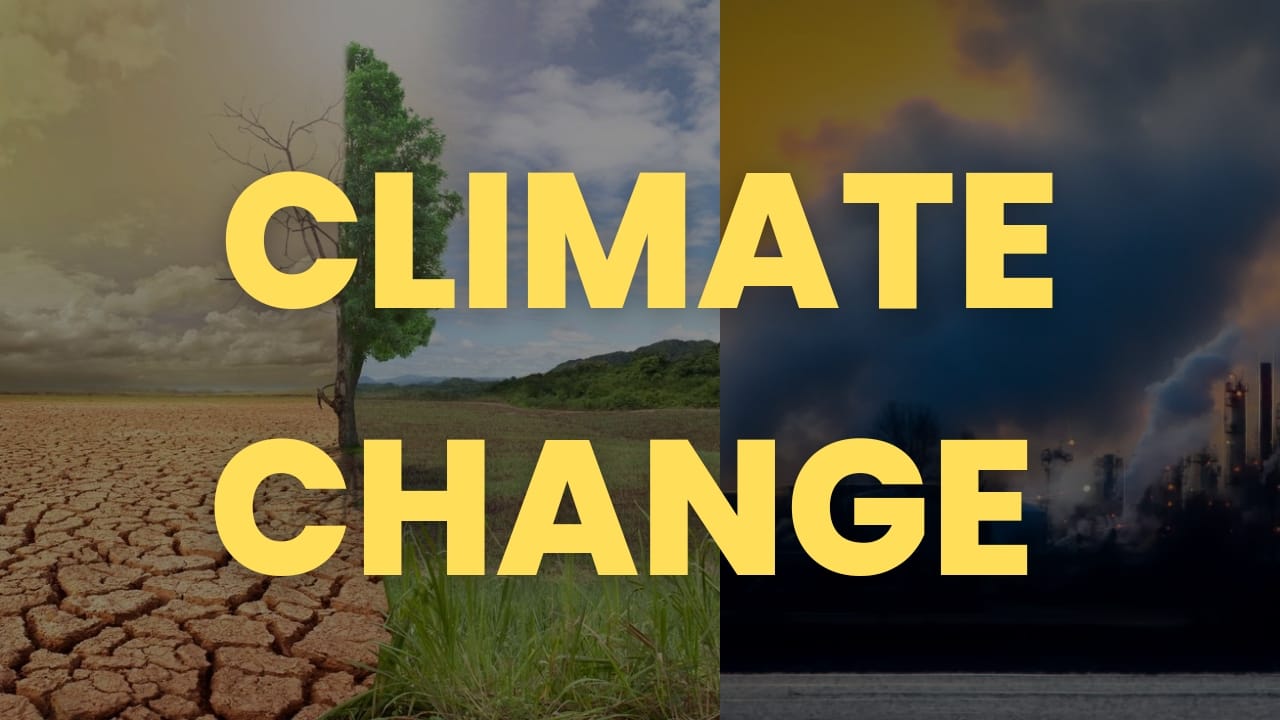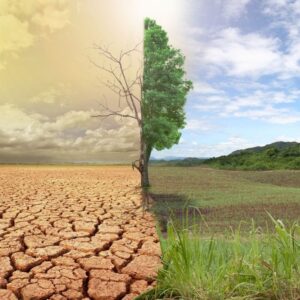Navigating the Climate Crisis: A Call to Action
In the vast tapestry of global challenges, few issues demand our attention and concerted efforts as urgently as the climate crisis. “Navigating the Climate Crisis: A Call to Action” echoes the sentiment that the time for passive observation has passed – it’s time for collective, purposeful action.

Understanding Climate Change:
The Greenhouse Effect:
To grasp the gravity of climate change, we must first comprehend the greenhouse effect. Imagine Earth’s atmosphere as a cozy blanket; essential gases, like carbon dioxide and methane, act as insulators, trapping warmth from the sun. However, human activities have significantly thickened this blanket, intensifying the heat-trapping effect and leading to a rise in global temperatures.
Global Warming:
The consequences of an augmented greenhouse effect manifest as global warming. This warming, a result of excessive greenhouse gas emissions, sets off a chain reaction of climatic shifts. Unpredictable weather patterns, more frequent heatwaves, and altered precipitation become the new norm, challenging ecosystems and societies worldwide.

Consequences of Climate Change:
Melting Ice Caps and Rising Sea Levels:
Picture the serene expanse of polar ice caps – now imagine them receding at an alarming rate. The repercussions are profound; rising sea levels pose imminent threats to coastal communities, amplifying the risk of floods, erosion, and saltwater intrusion. The delicate balance of our planet is undeniably at stake.
Loss of Biodiversity:
The intricate web of life on Earth faces disruption as climate change accelerates. Ecosystems unravel, habitats disappear, and countless species teeter on the brink of extinction. From the lush rainforests to the intricate coral reefs, the loss of biodiversity is a stark reminder of the interconnectedness of all living things.
Extreme Weather Events:
Extreme weather events, once sporadic, now punctuate our calendars with alarming frequency. Hurricanes, wildfires, and floods devastate communities, leaving behind a trail of destruction. The imperative to adapt to these new norms is not a choice but a necessity for the survival of communities worldwide.
Taking Action:
Transition to Renewable Energy
A pivotal step in mitigating climate change is transitioning from fossil fuels to renewable energy sources. Solar, wind, hydro, and geothermal energy present sustainable alternatives that not only reduce our carbon footprint but also pave the way for a cleaner, greener future.
Afforestation and Reforestation:
Nature provides a powerful ally in the fight against climate change – trees. Afforestation, the strategic planting of trees in non-forested areas, and reforestation, the restoration of depleted forests, act as natural carbon sinks. The more trees we plant, the more carbon we capture, contributing to the restoration of ecological balance.
Individual and Community Engagement:
The call to action extends to individuals and communities. From reducing energy consumption to supporting eco-friendly initiatives, every small action reverberates globally. By collectively embracing sustainable practices, we amplify the impact of our efforts, fostering a shared responsibility for the health of our planet.
Conclusion:
As we navigate the climate crisis, the call to action resounds with a sense of urgency. It transcends borders and political affiliations, uniting humanity in a shared responsibility. By understanding the nuances of climate change and taking decisive steps towards sustainability, we can collectively steer the course towards a resilient and harmonious coexistence with our planet. The time for action is now – for the sake of our shared home and future generations.
